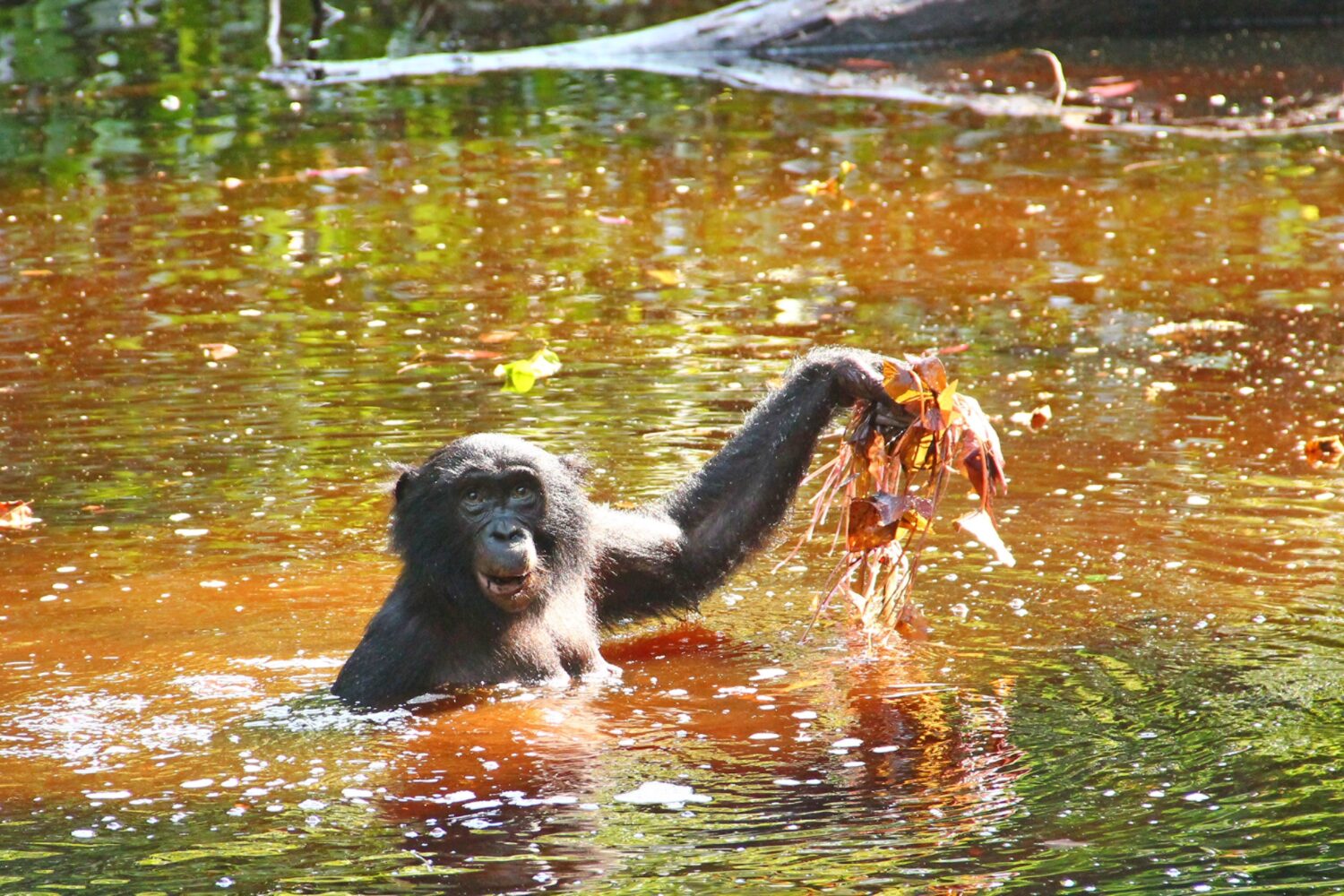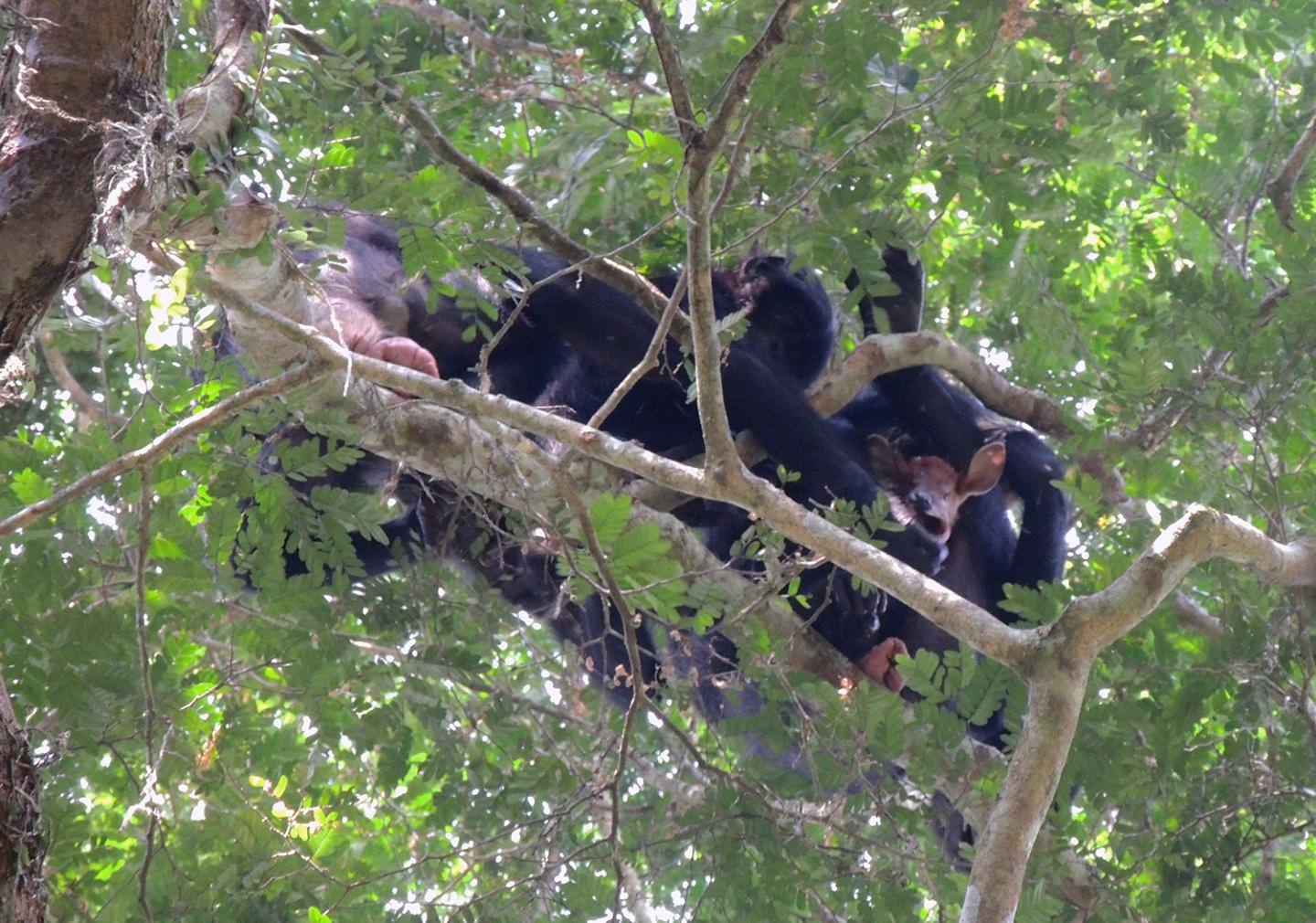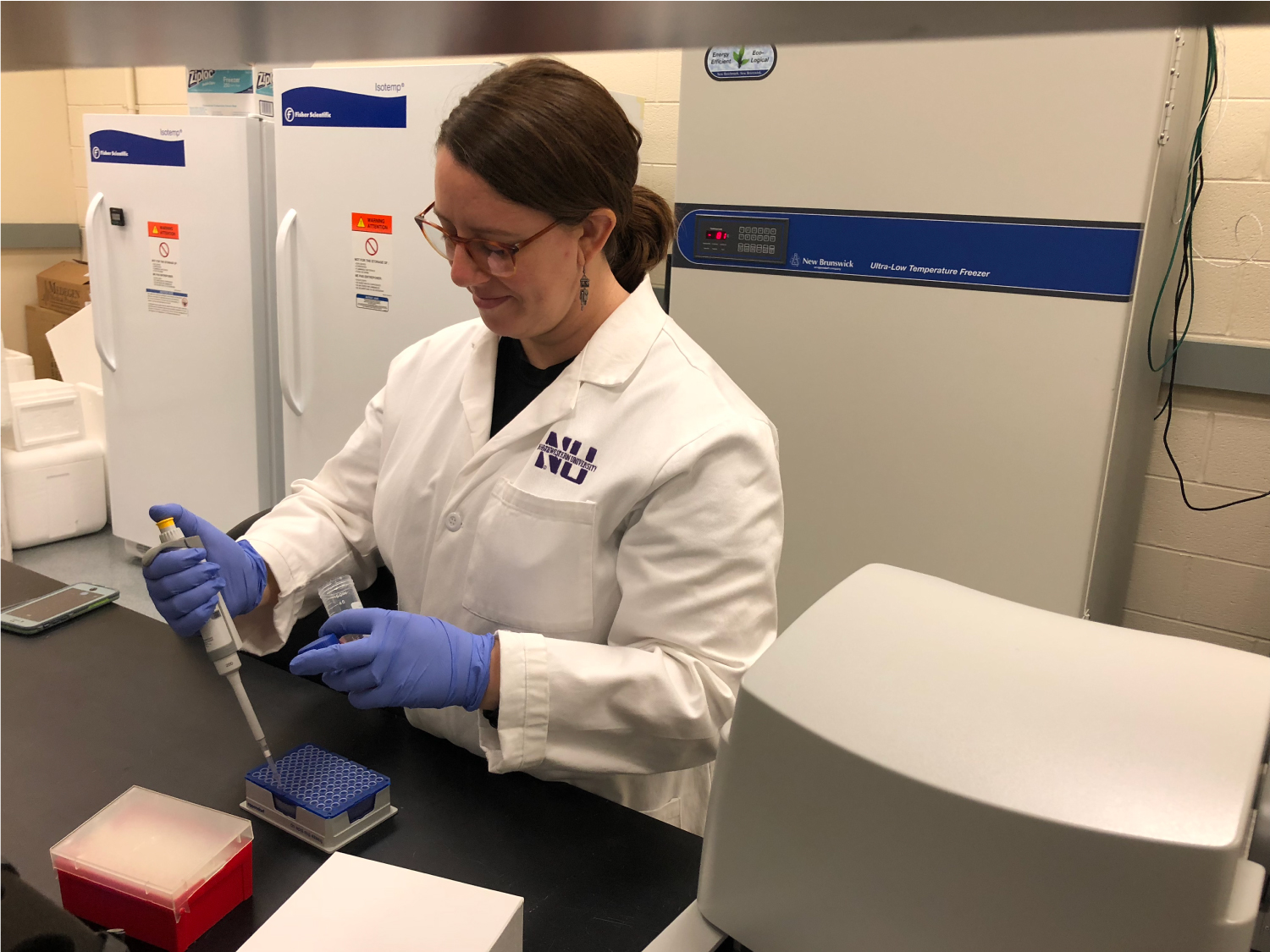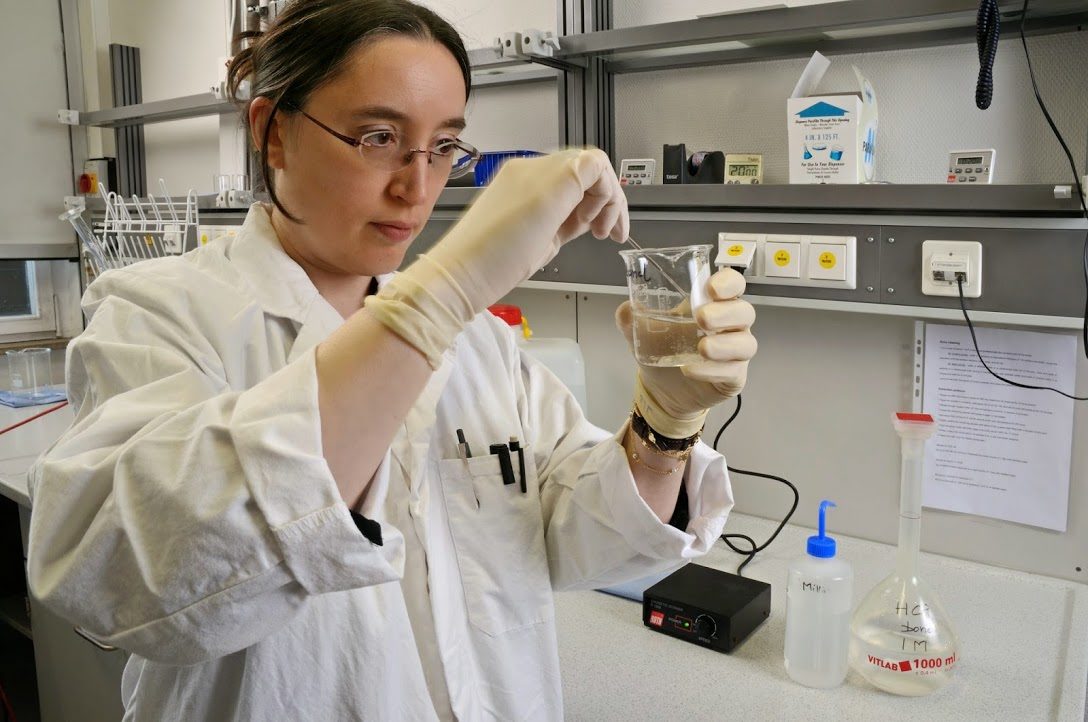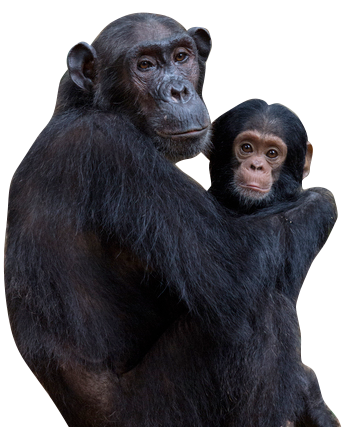Grantee Spotlight: Mareike Janiak
Grantee Spotlight What makes humans such "adaptable" and flexible creatures, especially when it comes to what we eat? Primates, in general, can survive on a wide variety of foods, but there are also a lot of species with a range of really specialized diets, like those focused on insects, leaves, or fruit, and all of these foods have different challenges when it comes to digesting them. Mareike Janiak's research is focused on understanding how the species in these different dietary niches have adapted to digesting their foods.


